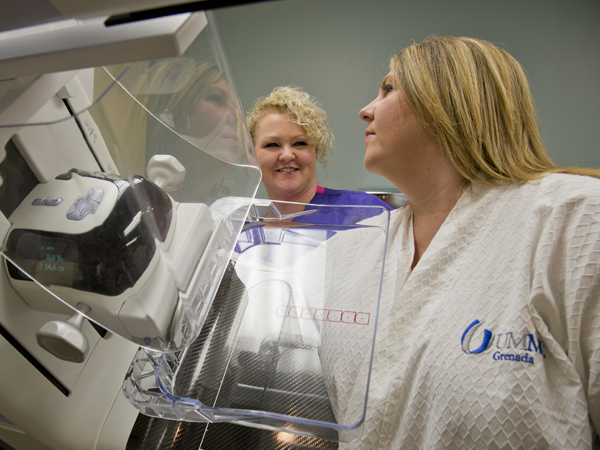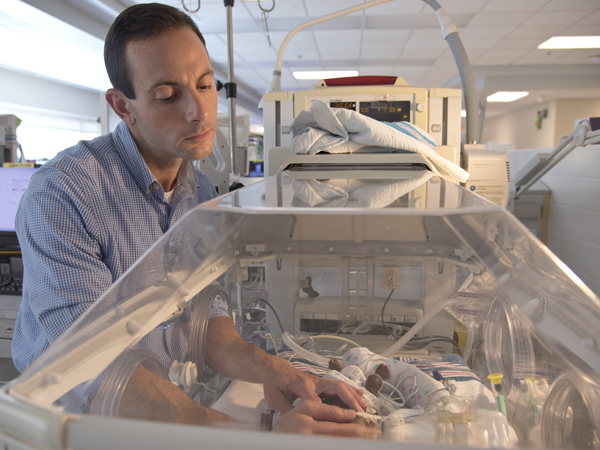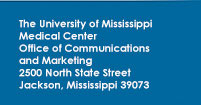|
It's the leading cause of preventable mental retardation, as easy to stop as saying no to a cocktail, beer or glass of wine. Fetal Alcohol Spectrum Disorders, said Dr. Omar Abdul-Rahman, professor of pediatrics at UMMC, are often undiagnosed or misdiagnosed. Abdul-Rahman was part of the working group that developed new National Institutes of Health guidelines for diagnosing Fetal Alcohol Spectrum Disorders, or FASD. The research includes a new definition of prenatal alcohol exposure and guides to evaluating deformities and impairments. “These new guidelines will be a valuable resource for clinicians to accurately diagnose infants and children who were affected by alcohol exposure before birth,” said National Institute on Alcohol Abuse and Alcoholism Director George F. Koob in an NIH news release. “They represent the most data-driven diagnostic criteria for fetal alcohol syndrome and fetal alcohol spectrum disorder produced to date.” Dr. H. Eugene Hoyme, the main author of the research, published in the journal Pediatrics, was Abdul-Rahman's mentor, and he was mentored by Dr. Ken Jones, considered to be the father of FASD research. So when Abdul-Rahman was offered the chance to join the research, he jumped at the opportunity. “When the mentor of your mentor is the person who discovered FASD, you want to be a part of the research,” he said. What the team found was “fascinating,” said Abdul-Rahman. “Evidence of FASD has been seen across the world.”
|























